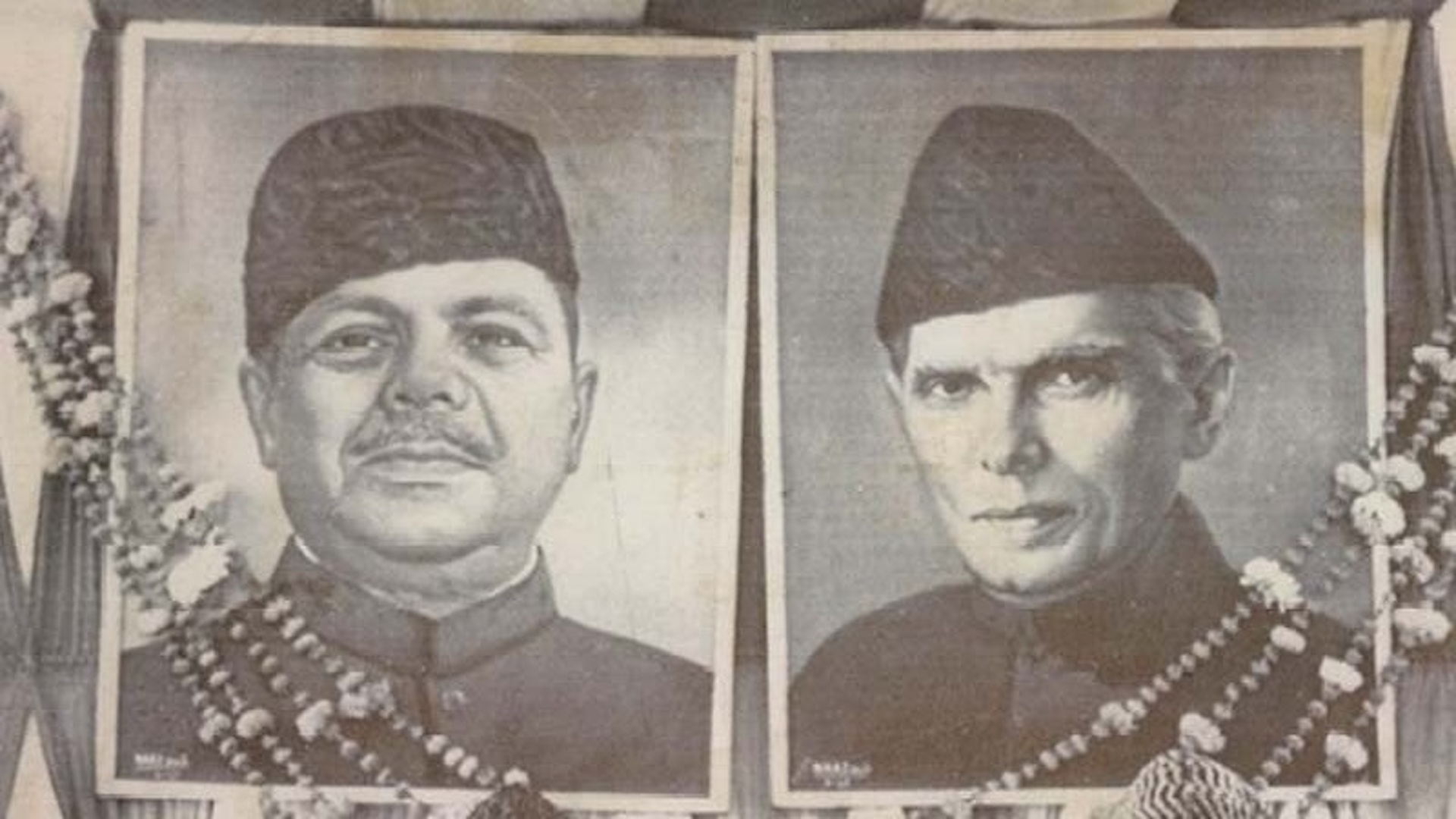The Tahaffuz-e-Buneyad-e-Islam bill recently passed by the Punjab Assembly gives unprecedented powers to the provincial government to censor or ban books by barring any publisher, editor or translator from printing or publishing any text that is deemed ‘un-Islamic’ or ‘objectionable’ by the government. Just a day after the passage of the bill, the Punjab Textbook Board banned 100 books taught in private schools for being ‘blasphemous’ and ‘anti-Pakistan’. This development is a sad reminder of how Pakistan’s ruling elite suppresses ideas and stifles the culture of debate. Through this draconian legislation, the government of Punjab has waged a war on information and critical thinking.
It is important to resist these attempts to curtail freedom of thoughts because Pakistan is in dire need of enlightened young minds and muzzling ideas will take the country back to the dark ages. Following are some books that I think every young Pakistani should read to unlearn the propaganda taught in textbooks.
The Murder of History by KK Aziz
The design of Pakistan’s curriculum is such that it indoctrinates the students with a version of history which is twisted at best. The purpose of this indoctrination is to brainwash the students into accepting the state’s narrative without an iota of critical assessment of historical facts. This fabrication of history in our textbooks and the teaching method which rewards rote learning instead of understanding is the reason why Pakistan’s education system produces minds that not only lack the ability to think critically but are also prone to extremist tendencies. The Murder of History by KK Aziz is an essential read to identify and unlearn the falsehood propagated in our textbooks.
Aziz comprehensively points out the mistakes in History and Social Studies textbooks in Pakistan and how several historical events and facts were systematically distorted. Through extensive research, Aziz reveals how the questions in school textbooks and learning outcomes are designed in a way that does not encourage understanding of the concepts or clarity of thoughts. Memorising these distorted facts is what the students are supposed to do to pass the exams.
Apart from the shocking alteration of history, the erasure of certain historical facts as well as personalities from the books leaves little doubt that the objective of those who formulated the curricula was to present a one-sided and manufactured version of history to the students. Our tragedy is that these lies have come to be known as undisputed facts and challenging them is tantamount to committing ‘treason’.
If you believe what you have been taught in Pakistan Studies textbooks, reading ‘The Murder of History’ with an open mind will shake your worldview. I remember experiencing the same when I first read this book many years ago.
The Battle of Ideas in Pakistan by Sibte Hasan
Written by professor Sibte Hassan in 1986, the book thoroughly negates the regressive narrative being formed at the time by the Zia-ul-Haq regime. The author begins by challenging the Islamist concepts against secularism and liberalism. Further, the book examines the relationship between state and religion in ancient times and how authoritarian rulers in those days used religion as a tool to keep themselves in power. The author then links the debate to the aftermath of Zia-ul-Haq’s Islamisation and how Zia’s Pakistan was different from what Muhammad Ali Jinnah had envisioned. Pakistan’s textbooks portray Jinnah as a religious fundamentalist, but Sibte Hassan tells how he was a modern Muslim and advocated separation of state and religion.
If Pakistan is to do away with the remnants of the dark era of Zia-ul-Haq, it is imperative to challenge the ideology he perpetuated over the years, and which continues to haunt the country to date.
The Battle of Ideas in Pakistan also exposes the hypocrisy of the far right in Pakistan. The part about Islamists’ relation with Allama Iqbal where the author discusses how those who use his stanzas to justify their extremist views had declared him an infidel in his lifetime, is particularly a must read for the young generation which is unaware of the other side of the story.
The Struggle for Pakistan: A Muslim Homeland and Global Politics by Ayesha Jalal
The Struggle for Pakistan is one of the most important books by Ayesha Jalal on the history of Pakistan and its struggle to evolve politically. Among other important factors, the books discusses the origin of Pakistan and the negotiations Jinnah held which ultimately led to the creation of a separate state. Several facts censored in our textbooks have been analysed in the book in detail.
The book tries to find answers to the many existential questions surrounding Pakistan’s creation. Jalal discusses how Pakistan’s need for security and cohesion and the vulnerable circumstances under which it came into being undermined its founder’s vision for a secular nation-state. The political instability caused by consistent military interventions in the democratic setup also ended up affecting the unity of the country. The prioritization of ‘national security’ (often influenced by the changing nature of global politics and regional situation) over public engagement negatively impacted political evolution in the country.
Pakistan Between Mosque and Military by Husain Haqqani
The state of Pakistan has long been held hostage by the religious quarters who wield unbridled power and seem to enjoy impunity. Pakistan Between Mosque and Military analyses the links between these religious groups, the army and why civilian governments in the country continue to fail. Husain Haqqani discusses the state’s use of religion to further its political agenda and how the religious groups launched by the state itself end up growing too big for their boots.
Husain maintains that the use of religion for political gains stems from the state narrative which prioritizes national security. Pakistani people’s devotion to Islam, he argues, is not the reason for this obsession with religion as a state ideology.
At a time when religious extremism is on the rise in the country, contextualising the power of the fanatics is the key to identifying the root cause, which can be a first step in resolving the problem at hand.
The Pakistani Anti-Hero by Nadeem F. Paracha
When the traditional history of Pakistan is told, the role of non-conformist individuals is often ignored and these powerful dissenting voices are not known to a lot. As a result, the diversity of the Pakistani society remains hidden. The Pakistan Anti-Hero introduces the readersf to prolific artists who represent the pluralism of the country. NFP also discusses how the concept of Muslim nationalism has always been misunderstood. The book will help the readers understand the critical evolution of Pakistan and how diversity is Pakistan’s strength.
Understanding the ideological evolution of Pakistan can also help our young minds fathom the extent to which the content of our textbooks was censored to further a certain narrative.


